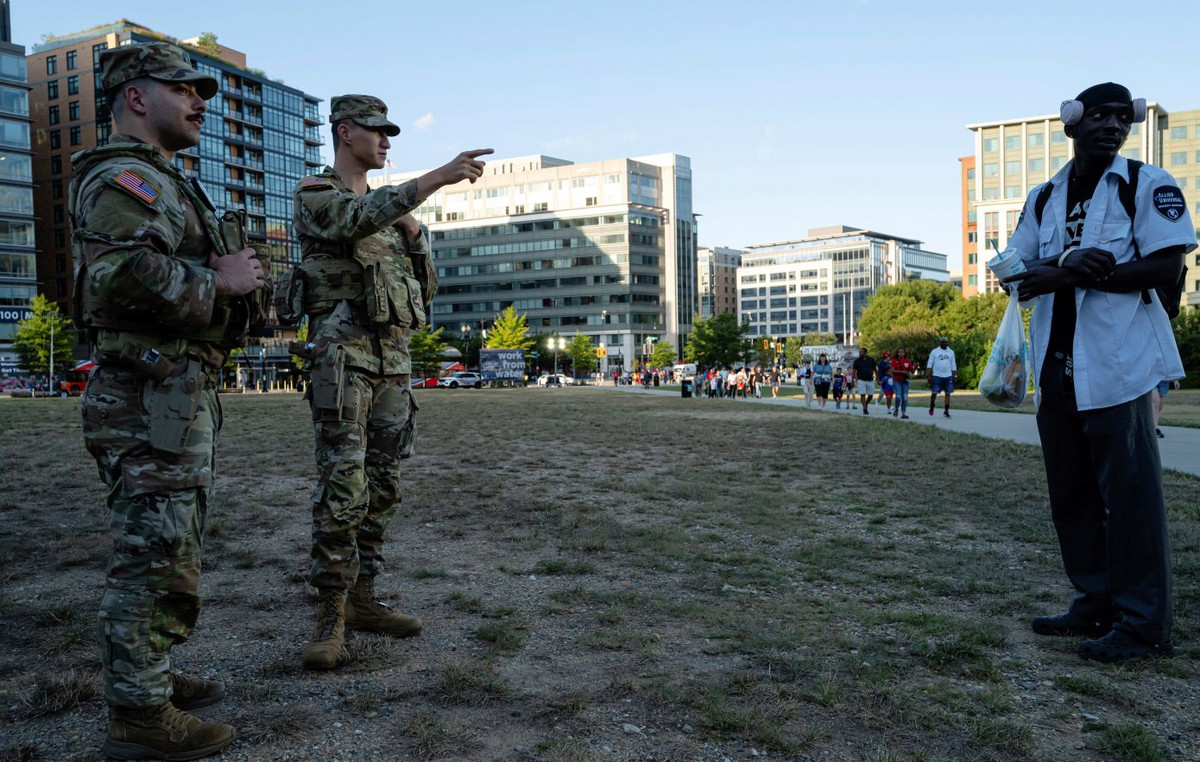The United States took to the other countries of the United Nations (UN) Security Council a new draft resolution that focuses on Israel’s right to self-defense due to the terrorist attacks committed on October 7.
As president of the collegiate this October, Brazil is carrying out consultations with members of the Security Council to improve the text and verify the possibility of approval.
Video: “We made every effort possible”, says Mauro Vieira about Brazilian resolution vetoed at the UN
]The absence of strong terms regarding Israel’s “right to self-defense” against Hamas was the main reason given by the American ambassador to the United Nations, Linda Thomas-Greenfield, for vetoing the resolution presented by Brazil last week.
The text created by Brazilian diplomacy received 12 votes in favor and had two abstentions. The United States exercised the veto power held by the permanent members of the Security Council. Russia, China, France and the United Kingdom also hold this condition.
The new text “reaffirms the right to individual or collective self-defense, inherent to all States, as enshrined in Article 51 of the Charter [da ONU]”. The draft resolution also says that this right must respect international law and humanitarian law.
In Itamaraty’s assessment, the text is very focused on criticism of terrorism and the document only has a chance of being approved with a firmer warning about the need for humanitarian aid in the Gaza Strip, where the population suffers from a shortage of basic supplies, such as water, food and medicine.
Brazil has already commented on the text and is awaiting deliberation from the other countries. Consultation with council members is one way to seek consensus and achieve approval, but Americans can still decide to put the resolution to a vote at any time.
The Brazilian Minister of Foreign Affairs, Mauro Vieira, is in New York and is expected to participate this Monday (23) in a session of the Security Council. Diplomatic sources say that the United States intends to present the resolution tomorrow.
Brazil has eight more days as president of the group. In Itamaraty’s assessment, despite last week’s American veto, the text presented by the Brazilian government was a diplomatic victory due to the broad base of support it had.
In addition to the new text proposed by the United States, two blocs comprising 57 Muslim-majority countries presented a request for an extraordinary convening of the UN General Assembly.
The request is supported by Brazil, which prefers not to play a leading role in this issue. The idea is to resume an “emergency session” of the United Nations on the Israel-Palestine conflict and, thus, circumvent the American veto on the previous text.
In the General Assembly, it is necessary to gather two thirds of the 192 votes to approve a resolution, but it would not have a binding character, as in the Security Council texts, and would only function as a recommendation.
Source: CNN Brasil
Bruce Belcher is a seasoned author with over 5 years of experience in world news. He writes for online news websites and provides in-depth analysis on the world stock market. Bruce is known for his insightful perspectives and commitment to keeping the public informed.







